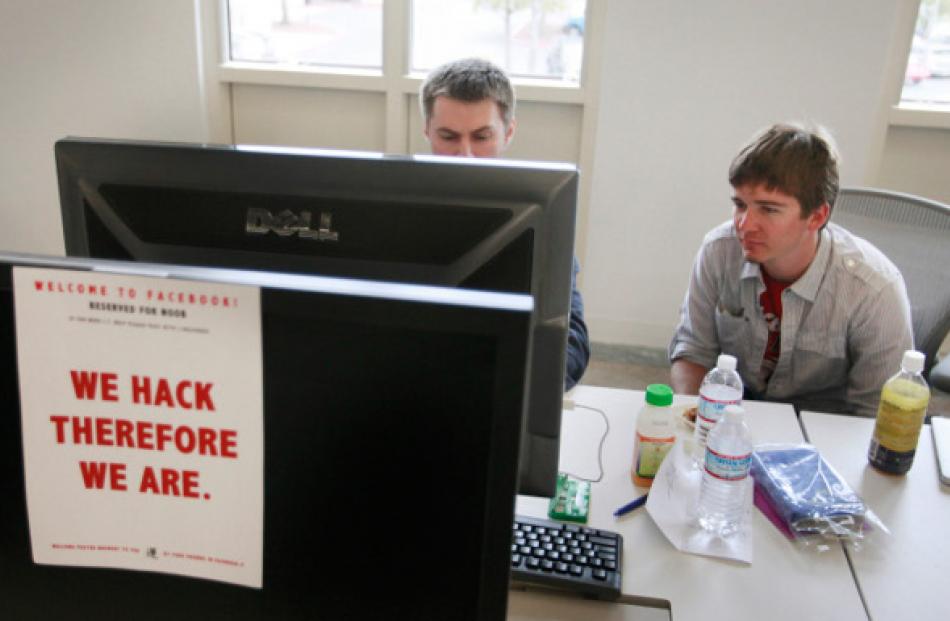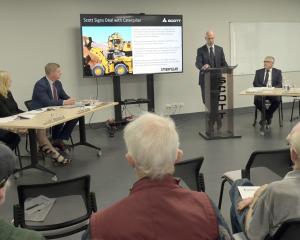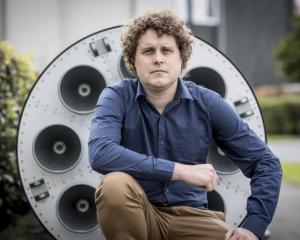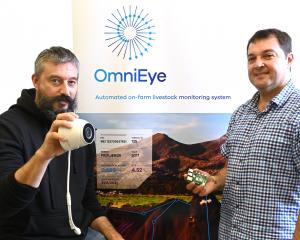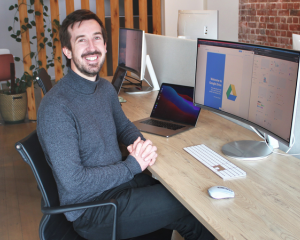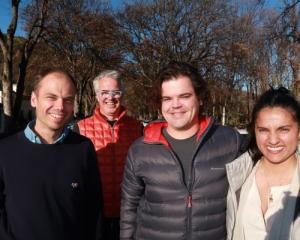Congratulations, recruit. Take a seat at one of Facebook's long, white desks and look at the piece of paper taped on your monitor: "Welcome to Facebook!"
Underneath, printed in big, bold, red letters, are slogans like: "We Hack Therefore We Are," or "Move Fast and Break Things." Within days, your software code will be in front of our almost 900 million users.
And so begins the six-week journey of a new employee class in Facebook's "Bootcamp," an experience shared by every engineering hire, whether they are a grizzled Silicon Valley veteran or a fresh-faced computer science grad.
Since 2008, hundreds of Facebook's engineers have passed through Bootcamp, which may lack the physical tests of military basic training but does provide the same kind of shared experience and cultural indoctrination into the world's largest social network.
Bootcamp is one part employee orientation, one part software training programme and one part fraternity/sorority rush.
When new engineering recruits are hired at Facebook, they typically do not know what job they will do. They choose their job assignment and product team at the culmination of Bootcamp, a programme that exemplifies Facebook's adherence to founder and CEO Mark Zuckerberg's "Hacker Way," an organisational culture that is supposed to be egalitarian, risk-taking, self-starting, irreverent, collaborative and creative.
Each new recruit needs to take a deep breath. Within a few days, all are expected to be pushing live software updates out to the better part of a billion users. If a Bootcamper crashes part of Facebook doing that, well, it won't be the first time.
"I would describe it as a way for us to educate our engineers not only on how we code and how we do our systems, but also how to culturally think about how to attack challenges and how to meet people," said Joel Seligstein, the head of the Bootcamp programme, who might be described as Facebook's answer to Yoda.
"We like to teach what's important very early on, on Day 1. I would say it's even more of a cultural programme than it is a teaching programme."
From "the HP Way" at Hewlett-Packard to Google's sense of what's "Googley," company culture is a mainstay of Silicon Valley life. With workplace perks like free gourmet food and other amenities, life at Facebook doesn't look much different on the surface from Google, Zynga, Twitter or many other young, fast-growing Internet companies.
But Facebook takes its zeal for culture one step further. It plasters the walls of its offices with slogans like "Code Wins Arguments" and "Move Fast and Break Things," Facebook's version of Chairman Mao's Little Red Book of quotations.
Rather than top-down commandments, however, employees are encouraged to tweak those messages or add their own opinions in chalk or paint, a ritual called "Hacking the Space."
Within the company, it is an article of faith that the culture of constant change embodied by those sayings differentiates Facebook from its competitors, and will allow the company to remain nimble even as it goes through a landmark initial public offering of stock this year.
"It's a quasi-religious iconoclasm," said David Kirkpatrick, author of "The Facebook Effect," a 2010 book about the rise of the social network. "Facebook takes its culture deadly seriously. They know the pace at which they arose and became dominant in their field was even faster than Mark Zuckerberg expected.
They also know that things on the Internet are constantly changing at an extremely rapid rate, and the only way any organization can stay alive is to be unbelievably dynamic."
Nothing encapsulates that culture better than Bootcamp, a program started in 2008 by Andrew "Boz" Bosworth, a burly and gregarious Saratoga, California, native with a map of California tattooed on his forearm who was one of Zuckerberg's teaching assistants at Harvard.
One of the keepers of Facebook culture, Bosworth started Bootcamp when Facebook's engineering organisation passed 150 people, a threshold known as "Dunbar's number," the maximum number of people with whom humans are believed to be able to maintain stable social relationships.
Almost immediately after reporting for Bootcamp, new hires get assigned by Seligstein to work independently on a few real software bugs and problems, between lectures and other Bootcamp activities. The expectation is that some of their code should be ready to go live within days - one way Bootcamp tries to unlearn habits that don't fit with Facebook's urgent, ship-it-now culture.
Now that Facebook is growing so fast - about one-third of the company's roughly 3200 employees have been hired since the start of 2011 - Bootcamp has become a critical way to expose new hires to the company's values and culture.
Beyond all else, Facebook executives say, employees have not just the freedom, but the obligation, to try new things and fail, because "shipping code" - adding new software that runs the website - as quickly as possible is crucial to the company's success.
What other Silicon Valley companies "don't do is let their employees take risks, and have failure be OK," said Jocelyn Goldfein, a Facebook director of engineering. "I think that is part of the secret sauce at Facebook. I didn't understand this one until after I got here - that the tolerance for failure, that ‘Move Fast and Break Things,' is actually what keeps us open to continue to innovate."
"Can you think of another site that routinely pisses off such a large percentage of their customers?" she asked, referring to the user outrage that greets every Facebook change. "But you can think of lots that had plenty of happy users, and eventually dwindled into irrelevance."
Even though she was a long-time manager at VMware and high-profile hire in 2010, Goldfein went through Bootcamp like everybody else. By her first week, she said, she had shipped more software code at Facebook than she did in her seven years at VMware.
And, as has happened before, a fellow Bootcamper, working on one of the software bugs that new recruits are typically assigned to fix, made a mistake that crashed part of Facebook.
"That was a really scary experience for him," Goldfein said. "But no one said, ‘You idiot; you don't belong here.' They said, ‘Hey, you tried, and here's what we're going to do to try to fix it, and this is what you've learned.' That experience of having people rally around you is really tremendous, and what it teaches you to do to is rally around other people."
FACEBOOK SLOGANS
Starting with Bootcamp, Facebook recruits are exposed to a series of slogans that are intended to encapsulate the company's values. Among the sayings posted on red-letter posters around any Facebook office are:
-Move Fast and Break Things
-What Would You Do If You Weren't Afraid?
-The Foolish Wait
-Our Work Is Never Over
-We Hack Therefore We Are
-Are You Fearless?
-Done Is Better Than Perfect
-Code Wins Arguments

